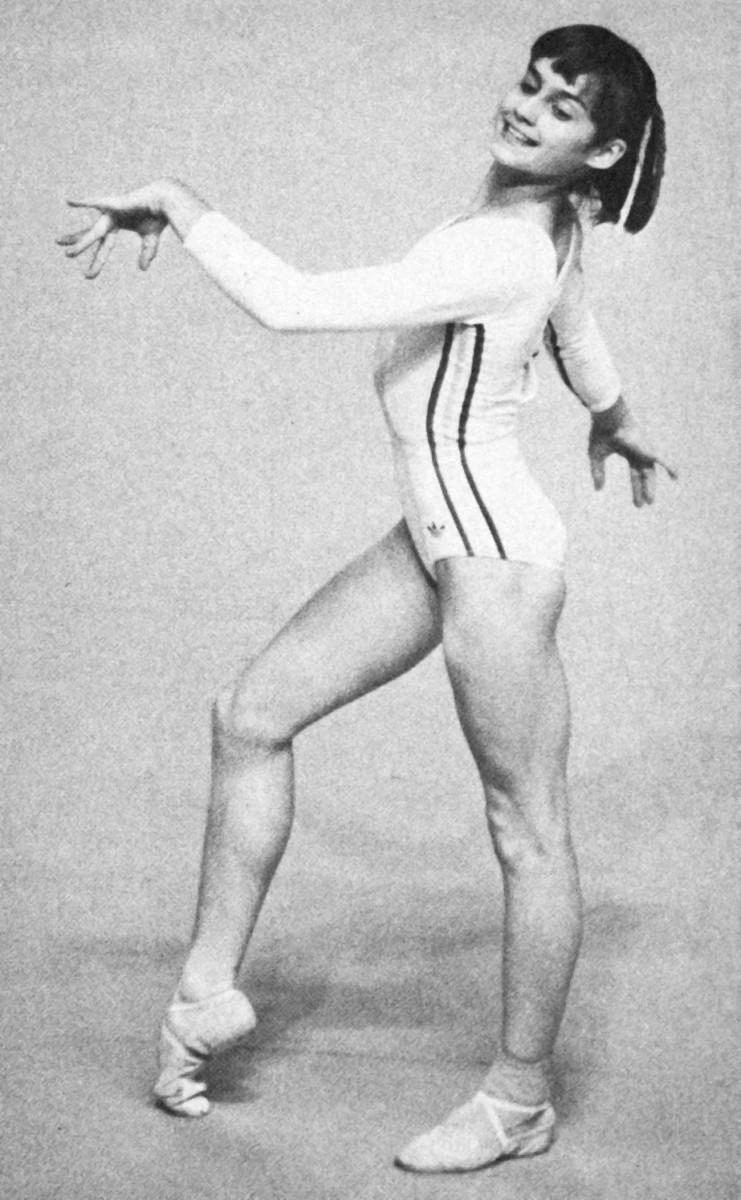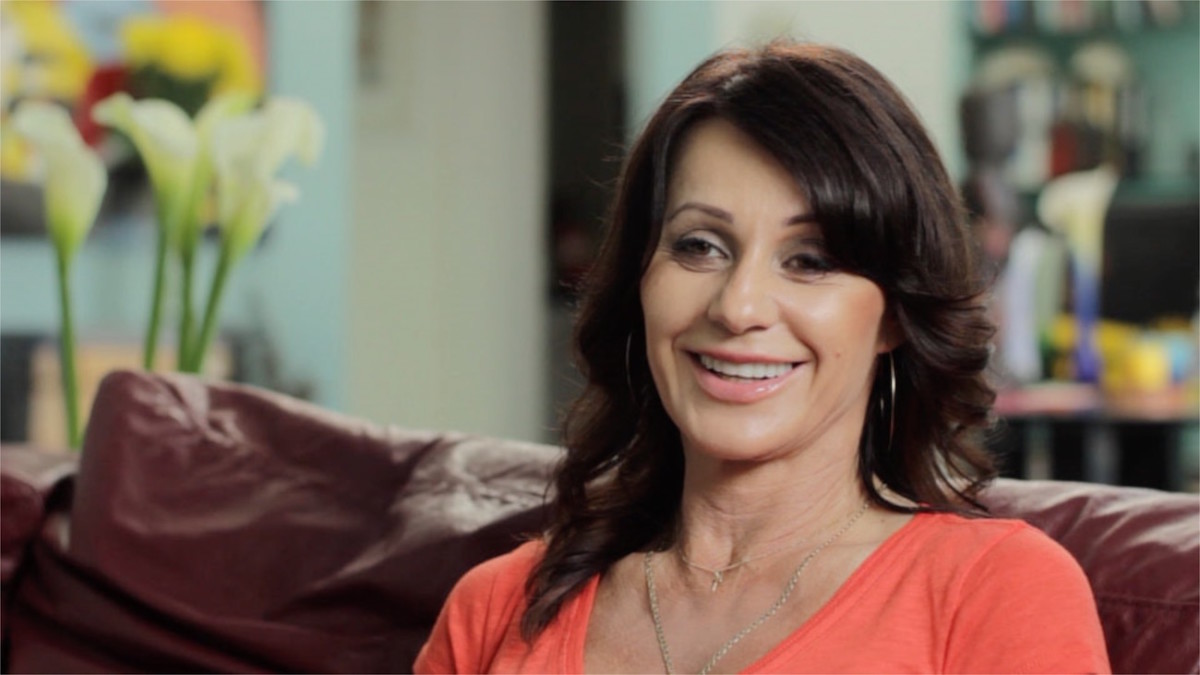Gymnast Nadia Comaneci Is One of Five Superstars Featured in New Documentary

Winning is a documentary that profiles five outstanding athletes: tennis champion Martina Navratilova, Hall of Fame golfer Jack Nicklaus, Olympic gymnast Nadia Comaneci, track and field star Edwin Moses, and tennis Paralympian Esther Vergeer. Directed, produced, and edited by Jacqueline Joseph, the film includes footage from each athlete’s childhood as well as interviews with the athletes, their families, coaches, and professors. It focuses on what made each athlete a winner in his or her respective sports.
I interviewed Comaneci, who was only 14 years old when she became the first gymnast to score a perfect 10, at the Montreal Olympics in 1976, and asked her about her thoughts on the documentary and about her legacy as a gymnast.
How do you feel about being profiled in this movie?
It is nice to be chosen out of all of the athletes who have done amazing work and have had success. It is a big honor for me, as I competed a long time ago.
How do you feel about being in the company of the other four incredible athletes?
I had already known some of the achievements and stories of the other athletes that will be told in the movie, but it was really interesting for me to become inspired by their stories. People see the Olympics and what you achieve, but they don’t necessarily know what it took to get there. I feel honored to be a part of teaching viewers this.
Do you think winning should be all athletes’ ultimate goal?
Not by the means of winning all medals, but I think you are a winner for the things you decide that are good for you. It is not necessarily the medal that comes around your neck, but it is the journey of everything you do to be able to get to the best place of your life.
What was your first impression of Montreal and the Olympic venue?
Coming from Romania, I thought that Montreal felt pretty much like home because I learned French in school and I could speak with the people. Montreal was a place where a lot of people from Romania live, so it felt homey to me.

What was going through your head right before you began your routines?
Just to tell myself to think that I’m still in training and to not look around and be bothered by the noise or the music and concentrate on every little detail. My coach had told me to do what I knew and nothing more.
What was going through your head when you saw the perfect 10 score?
I did not know I was going to get a 10. I don’t watch the scoreboard. I think I can give a score to myself because once the routine is over, it doesn’t matter what comes up because I can’t change anything about what I’ve done. I thought I did pretty well and was hoping to get a 9.90, and that’s why I didn’t look at the scoreboard. Of course, the 1.00 came up, which was very confusing for everyone because nobody knew the computer was not programed for a 10.0 until it was announced that actually I had scored a 10.
How did your life at home change after you returned from the Olympics both your first and second time?
There were 10,000 people at the airport, which was a big thing. I got scared when I got out of the plane. I didn’t understand why so many people would come to the airport because I didn’t think I had done anything different than I had done before. I didn’t realize how big of a deal the Olympics were. After my second Olympics, I was four years older. I was going to the competition as the Olympic champion, and I was there to defend my title. I made a little mistake and was able to manage two gold and two silver medals, which I am proud of.
What made you decide to coach? And do you prefer coaching or competing?
I began coaching because that was the normal way to get out of the sport. Being a coach means you have to be in the gym a lot, and since I travel frequently I am not a very reliable coach. I enjoy both coaching and competing because they are very different. I like coaching because I don’t only talk about technique, I talk about how I felt when I did the specific move, so it is a little bit personal from me to the lady with whom I am speaking. Coaching I can still do, but competing is done.

How did you come up with the idea to write your book, Letters to a Young Gymnast?
There have been a lot of books with my same topic written about different sports. It was different because it was communication with my fans and me. I receive so many letters from them, and I can’t answer them all, so I felt as though my book could answer as many as it could.
What are the goals do you have for the charities you support?
In Romania I have a foundation that facilitates kids who don’t have money to be able to play sports. Romania was not as open to charity, as it was a communist country. I am happy to go back and be able to help with the knowledge I have from the United States. I also created a hospital for kids whose parents do not have enough money for medical treatment.
If you could include one more athlete in the movie, who would you choose and why?
I would choose to include Muhammad Ali because I think he was the greatest athlete on the earth. I had a chance to meet him, and he really inspired me.
Click here for more information about how to watch the documentary.
Photographs provided by Winning
